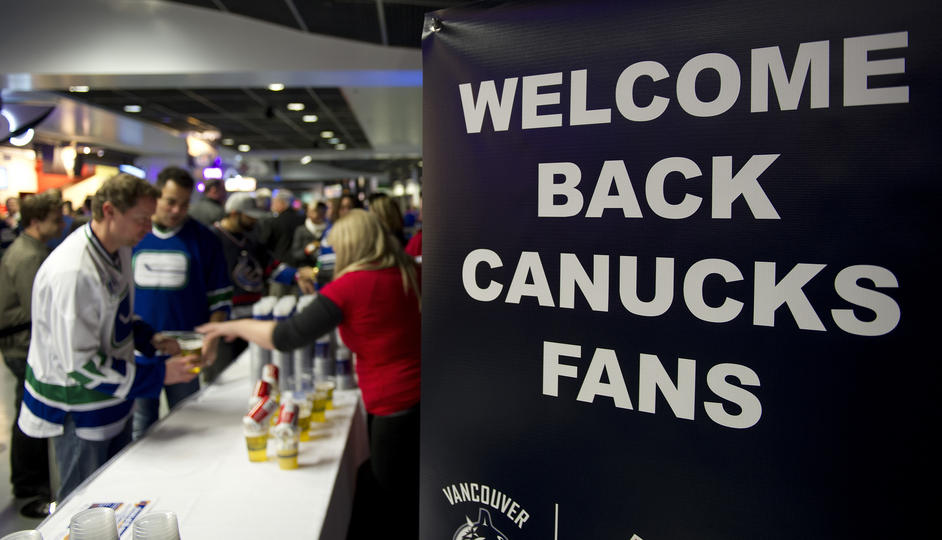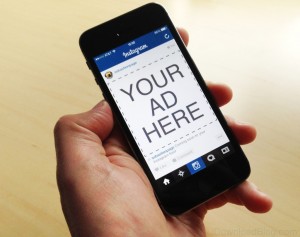I came across this blog because it is very popular. The president is Scott Stratten, which many people, including myself, have seen or heard on Twitter. My favourite aspect of this blog is that he not only does written blog posts, but, he also posts podcasts which people can listen to. Many of the posts are easy to understand, and are relevant to much I have learned in Comm 101. Some podcast topics include: the importance of ethics, the power of a brand and how to use social media effectively with your business. His most recent podcast, How to succeed at failing at public speaking, was very helpful because of our upcoming final presentations. Stratten classifies the 3 types of people who speak: those who can speak and can improve, those who are great and can improve, and those who can’t and shouldn’t. Unfortunately, some people fall under the last category and may benefit from his advice.
Want to listen for yourself? Begin at 11:30
Some tips I found useful from the podcast:
– Practice hard words. Where you falter, alter.
– Choreograph your hands, but don’t be overly conscious about them.
– Over-rehearse the first minute of the presentation so you can begin strong
– If you have more bullet points than you have fingers on your hand, you have too many.
Check out his blog here









Recent Comments